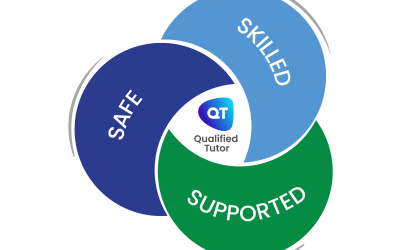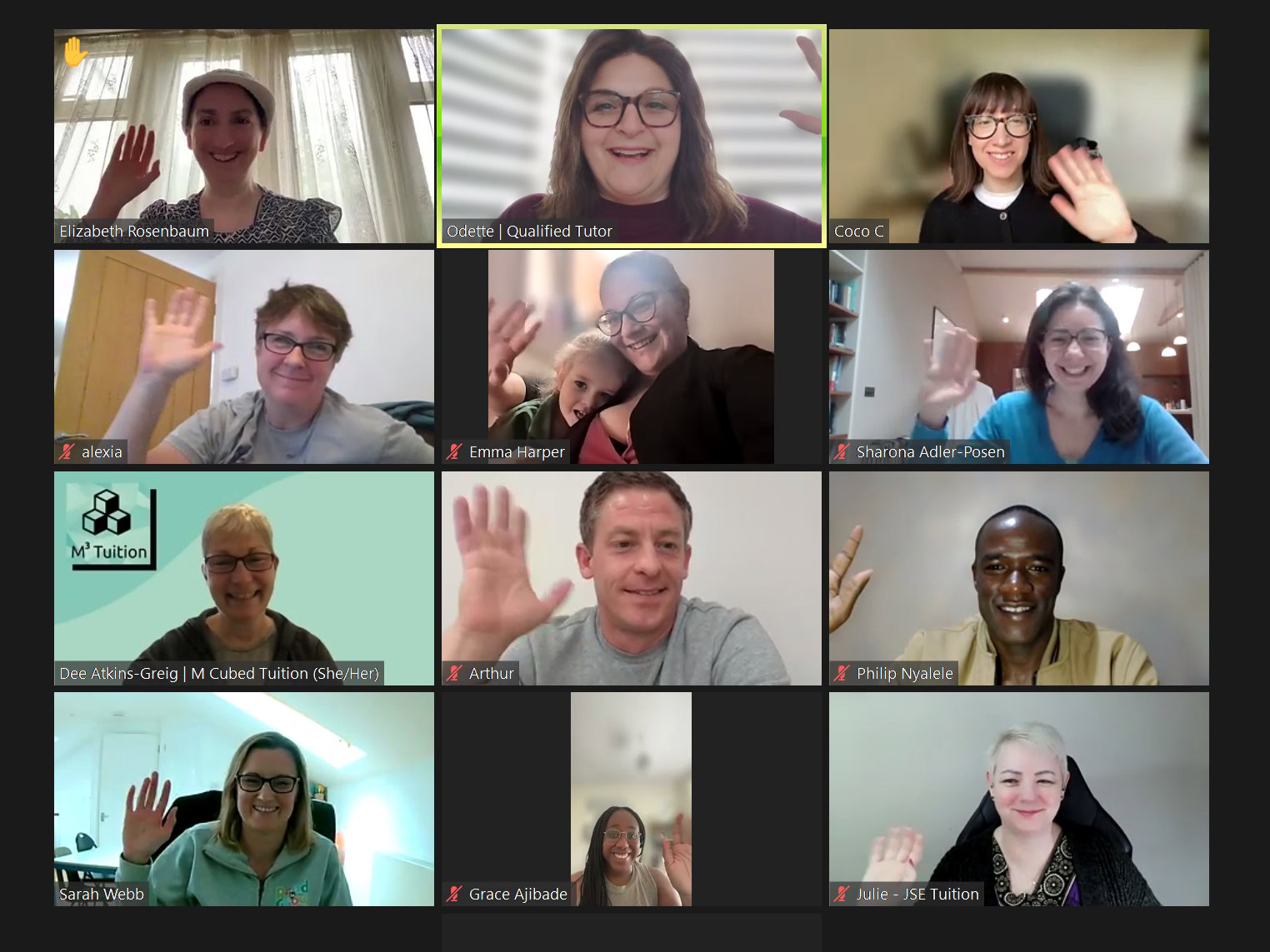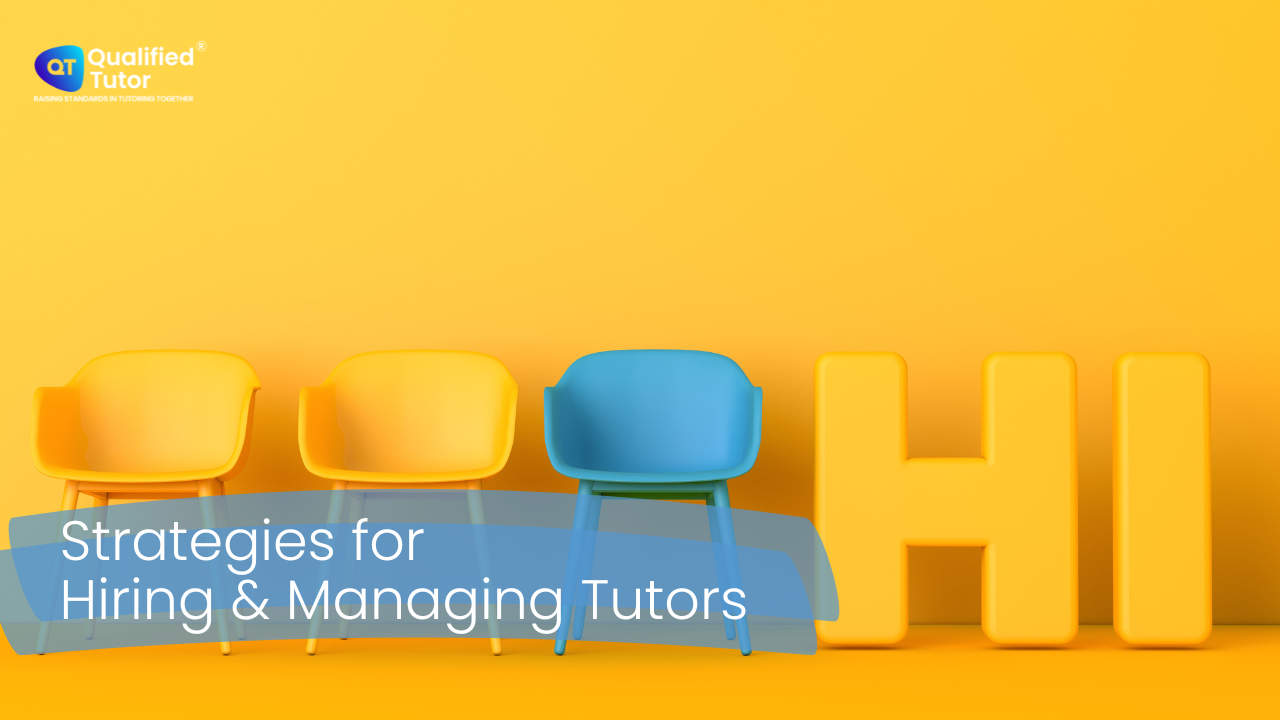
What is the truth? Well, as pointed out in the second post of this series, the truth is relative to our understanding. All very philosophical, but true nonetheless. Or is it … ?
Once we have realised that the truth may be different depending on whose perspective we are learning from, it can (temporarily) become harder to manage challenging behaviour. We are conditioned to understand right and wrong as binary ideas. We are also conditioned, in the UK, to seek punitive justice for wrongdoers.
I think the idea of community is a really important part of how we manage behaviour and support young people with their challenges in the classroom. It is easy to forget, as a tutor, that we are part of a broad network of people that form a community around the child. They have other tutors and education professionals, they have at least one parent or carer, they have their peers, their wider family.
As a tutor, we are often working outside of the systems that support teachers in managing behaviour. By that, I mean that we usually can’t fall back on a detention or other form of punishment when a student is misbehaving. We have to rely on something else. “What else?” I hear you cry.
Well …
We must understand that we are a community, not a criminal justice system, and our actions need to be about whatever we can do at this time, with the resources we have in the moment, to make this situation a little better.*
So, what can you do right now? What do you already have available to you? What does ‘a little better’ look like?
_______________________
*Chapter 6: Building a Culture of Consent. Easton, D. and Hardy, J.W. (2017). The Ethical Slut : a practical guide to polyamory, open relationships and other adventures. 3rd ed. California: Ten Speed Press.
Recommended Posts
Why Tutors Must be Safe, Skilled and Supported
Tutoring is one of the most powerful ways to transform a student’s learning experience. But for tutors to be effective, they must be safe, skilled, and supported. These three pillars are essential not just for the success of individual tutors but for the legitimacy...
Pricing Strategies for Tutors – Independent Tutor Club
In the ever-evolving world of tutoring, where adaptability and innovation are paramount, the Independent Tutors Club convened once again on May 14th for a collaborative online experience. This monthly gathering, cherished by Qualified Tutor members and tutors alike,...
Maximising Success: Insights from a Tutoring Business Club Session on Hiring and Managing Tutors
In a recent session hosted by Odette Wolhman, co-founder of Qualified Tutor, participants of the monthly Tutoring Business Club came together to explore the intricacies of hiring and managing tutors effectively. This dynamic discussion shed light on crucial strategies...




0 Comments